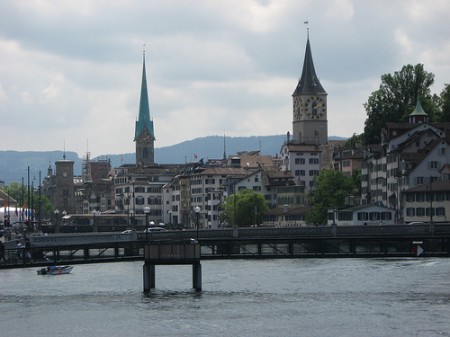
The break-up of Yugoslavia (in all of its incarnations) is now, it would seem, official. As of today, 30 September, websites using the .yu domain extension will be no more, thus ending any existential Yugoslavia debate.
Henceforth, there will be less ethno-nationalist website mystery: Serbian websites will be .rs; Montenegrin websites .me; Bosnian websites .ba (though here some mystery will persist as users will still be unsure without further investigation whether a particular website is from the Bosniak- and Bosnian Croat Federation entity or the Bosnian Serb-dominated Republika Srpska entity); and so on.
For many this may be a day of electronic mourning. Indeed, it is sad to see the last remnants of Yugoslavia erased – however small and ephemeral they were – and to be reminded of what has replaced this once thriving socialist republic.
Of course, for many of those who are old enough to have spent much of their childhood and even adulthood under the national Yugoslav banner (generations who arguably use the internet less frequently than their younger ‘countrymen’) this will not mean an end to Yugoslavia. Indeed, one can still find plenty of people who will forever call themselves Yugoslavs. For them, .yu will live on as an ideal rather than a mere nationality, flag or territory (or domain extension).




